Roger Scruton
In Memoriam, 1944-2020
Sir Roger Scruton was a Senior Fellow of the Ethics and Public Policy Center and a philosopher, writer, and public commentator widely known for his work on aesthetics and culture and for his defense of conservative political philosophy.
Sir Roger Scruton was a Senior Fellow of the Ethics and Public Policy Center and a philosopher, writer, and public commentator widely known for his work on aesthetics and culture and for his defense of conservative political philosophy.
Mr. Scruton was the author of more than forty books, ranging in subject matter from academic works on aesthetics, art, and music to popular accounts of conservatism, utopianism, and political philosophy to personal reflections on drinking wine and hunting.
A prolific essayist, Mr. Scruton regularly wrote columns and essays for such publications as The New Statesman, The American Spectator, The New Criterion, and The New Atlantis, where he was a contributing editor. He was also the editor of The Salisbury Review from its founding in 1982 until 2001.
In addition to his nonfiction, he wrote two novels and several short stories, and has composed two operas (The Minister and Violet).
Mr. Scruton taught philosophy and aesthetics at Princeton, Oxford, the University of St. Andrews, Boston University, and Birkbeck College. He was also a visiting fellow at the American Enterprise Institute and a research fellow at the Institute for the Psychological Sciences. In 2011, Mr. Scruton delivered the Stanton Lectures at the Divinity School at the University of Cambridge. In 2010, he delivered the Gifford Lectures at St. Andrews. In 2009, he wrote and narrated an acclaimed hour-long BBC documentary, Why Beauty Matters.
Mr. Scruton was a fellow of the Royal Society of Literature (since 2003) and a fellow of the British Academy (since 2008). In 1998, he was awarded the Medal of Merit of the Czech Republic, one of that nation’s highest state honors, in recognition for his role in the “underground university” he had helped establish in Czechoslovakia in the last decade of communism. He received his B.A., M.A., and Ph.D. in philosophy from the University of Cambridge.
Big Business Once Cherished Workers. Now It Exploits Them.
Roger Scruton

Victorian capitalists usually belonged to the same country, the same town and the same faith as those who worked for them, and could not escape, as their successors can, the demands of neighborhood.
Articles
The Spectator (UK) / February 21, 2018
Tradition, Culture, and Citizenship
Roger Scruton
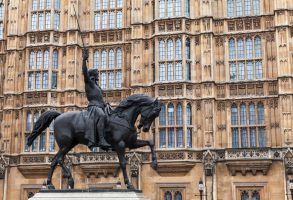
The concepts of tradition, culture, and citizenship have this in common – they are summoned to protect our political inheritance against the disintegrative forces to which it is now exposed.
Articles
Law and Liberty / December 20, 2017
Universities are Reviving the Notion of Heresy
Roger Scruton

“Non-discrimination” is the orthodoxy of our day. Yet this seeming open-mindedness is just as determined to silence the heretic as any established religion.
Articles
The Times (UK) / November 29, 2017
As the Left Surges Back, Marxism’s Bloody Legacy is Covered Up
Roger Scruton
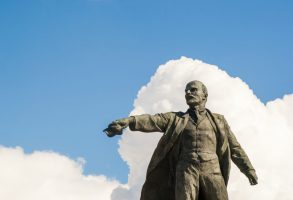
Monuments to the victims of fascism exist everywhere, but communism’s victims are hardly remembered at all.
Articles
The Spectator (UK) / September 21, 2017
The Tories Will Stay Lost Until They Relearn How to be Conservative
Roger Scruton
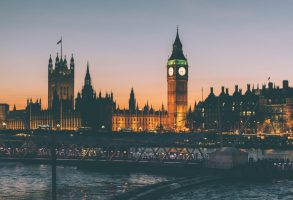
Conservatives in the U.K. could, if they chose, call upon a great tradition of social and political thinking that is far more plausible than the leftist ideology of the Momentum movement.
Articles
The Sunday Times (UK) / August 13, 2017
The Threat of Free Speech in the University
Roger Scruton
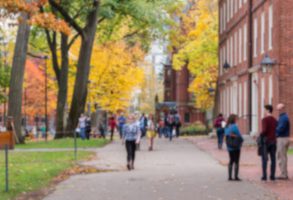
Free speech in a university is a very different thing from free speech in Congress or Parliament, freedom of the press, or free speech in the street.
Articles
Modern Age - Summer 2017 issue / August 1, 2017
The Case for Nations
Roger Scruton

The ‘we’ of the nation-state binds people together, builds an important legacy of social trust and blunts the sharp edges of globalization.
Articles
Wall Street Journal / June 5, 2017
If We Are Not Just Animals, What Are We?
Roger Scruton
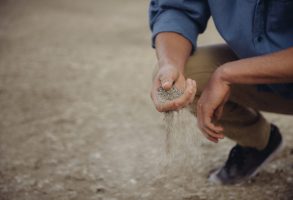
There is something in the human condition that suggests the need for special treatment.
Articles
New York Times / March 6, 2017
The Virtue of Irrelevance
Roger Scruton
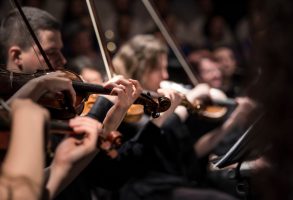
For the teacher, respect for children means giving them whatever one has by way of knowledge, teaching them to distinguish real knowledge from mere opinion, and introducing them to the subjects that make the mind adaptable to the unforeseen — even if those subjects are considered “irrelevant.”
Articles
Future Symphony Institute / February 2, 2017
Is High Culture a Luxury, or a Necessity?
Roger Scruton
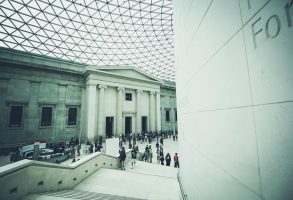
From fine art to music, enjoying high culture has largely been seen as a reserve for leisure time – but in truth, it’s an essential element of everyday life.
Articles
Country & Town House / January 27, 2017
What’s the Point of Education?
Roger Scruton

Once we see that the primary purpose of education is to safeguard knowledge, all the fairy castles of the educationists tumble in ruins.
Articles
Spectator (UK) / November 30, 2016
National Borders are the Only Sure Guardians of Democracy. The EU Ignores Them at its…
Roger Scruton

It is only when people define their loyalty in territorial and national terms that differences of religion, class and ideology can be put aside and an elected government accepted by everyone, including the many who did not vote for it.
Articles
Telegraph (UK) / November 16, 2016